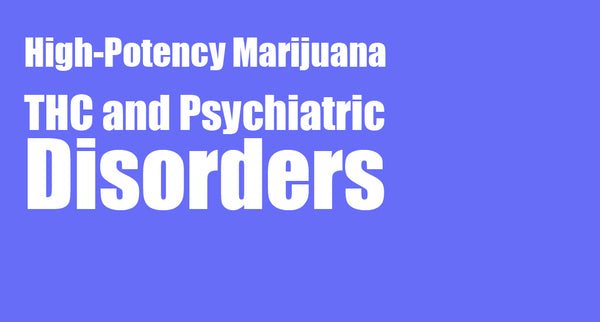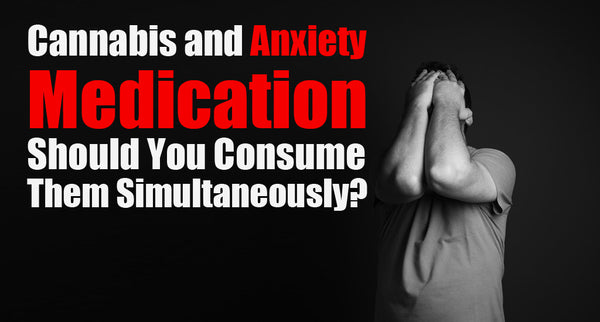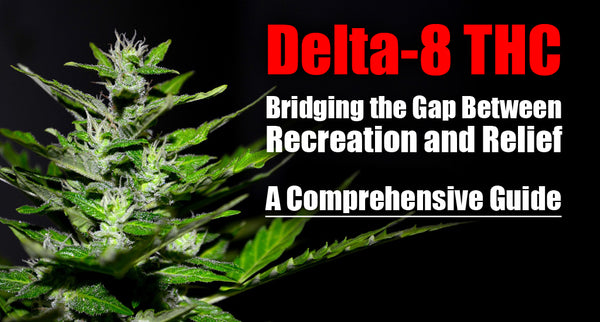
The Complex Impact of THC on Mood and Emotions: Insights and Implications
Tetrahydrocannabinol (THC), the primary psychoactive compound in cannabis, is well-known for its ability to alter mood and emotions. While often associated with positive feelings like euphoria and relaxation, THC's impact on mood is complex and multifaceted, with potential to trigger negative emotional states and impact mental health. This article delves into the intricate ways THC affects mood and emotions, exploring its neurochemical pathways, individual variability in response, and the broader implications for both recreational and therapeutic use.
Neurochemical Pathways of THC’s Mood Effects
THC interacts with the brain's endocannabinoid system (ECS), which plays a crucial role in regulating mood and emotional responses. The ECS consists of cannabinoid receptors, endogenous cannabinoids, and enzymes that synthesize and degrade cannabinoids. THC binds primarily to CB1 receptors in the brain, influencing neurotransmitter release and affecting mood. This interaction can disrupt the normal balance of neurotransmitters like serotonin and dopamine, which are directly linked to mood regulation.
The Biphasic Effects of THC
THC exhibits biphasic effects, meaning its impact on mood can vary significantly based on the dose. At lower doses, THC typically induces feelings of euphoria and relaxation. However, at higher doses, it can lead to negative emotional responses, such as anxiety, paranoia, and even panic attacks. This biphasic nature underscores the importance of dosage in the context of THC's mood-altering effects.
Individual Variability in THC-Induced Mood Changes
Individual responses to THC in terms of mood and emotions are highly variable. Factors like genetic makeup, the presence of pre-existing mental health conditions, and personal history with cannabis can influence these responses. Some individuals may find THC to be calming and anxiety-reducing, while others may experience heightened anxiety and discomfort.
Exacerbation of Pre-existing Mental Health Conditions
There is growing concern about THC’s potential to exacerbate symptoms in individuals with pre-existing mental health conditions. For example, people with a history of anxiety or mood disorders might find that THC use worsens their symptoms. This highlights the need for careful consideration and potentially medical consultation before using cannabis, particularly for those with known mental health issues.
THC’s Influence on the Stress Response
THC can also affect the body's stress response system. By altering the functioning of the hypothalamic-pituitary-adrenal (HPA) axis, which is central to stress response, THC can lead to altered emotional regulation. This might explain why some individuals experience a reduction in stress with THC use, while others may find their stress and anxiety levels exacerbated.
Impact on Adolescent Mental Health
The adolescent brain is particularly susceptible to the effects of THC. Adolescence is a critical period for brain development, and the use of THC during this time can have long-term implications for mood and mental health. Studies have shown that adolescents who use cannabis may have a higher risk of developing mental health disorders later in life, such as depression or anxiety.
Therapeutic Use Versus Recreational Abuse
There is a significant distinction between the therapeutic use of THC under medical guidance and its recreational abuse. Medically supervised use of THC can be beneficial for certain conditions, such as chronic pain or certain forms of epilepsy, where mood alteration can be a positive side effect. However, recreational abuse, particularly at high doses or in vulnerable individuals, can lead to negative emotional states and mental health risks.
Contextual and Environmental Influences
The setting and context of THC use, along with cultural and social factors, play a crucial role in shaping its emotional effects. The experience of using THC in a safe, comfortable environment is markedly different from using it in a stressful or unfamiliar setting. This highlights the importance of considering the broader environmental and social context in understanding THC's impact on mood and emotions.
Conclusion
Understanding THC's complex impact on mood and emotions is essential, especially in light of the increasing prevalence of cannabis use for both recreational and therapeutic purposes. While it offers benefits, the potential risks, especially in terms of mental health, should not be overlooked. Future research, careful consideration of individual differences, and an awareness of the setting and context of use are critical in navigating the intricate relationship between THC, mood, and emotional well-being.



